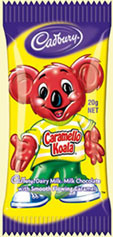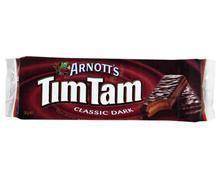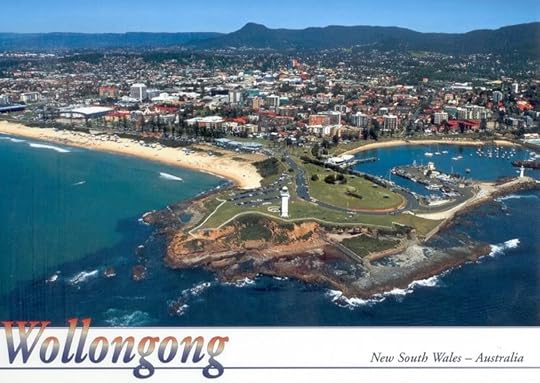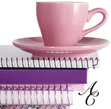Aussie-isms and Novel Writing: It Gets Tricky!
 When my Canadian husband first came to Australia, he had to learn the language. It sounds odd, doesn’t it? Canada and Australia are both English-speaking, Commonwealth countries. However, whenever the Census comes around, I am now tempted to put myself down as bi-lingual. We took a walk through a supermarket picking up fruit and vegetables and comparing the names. You have no idea how many differences there are, in that area alone!
When my Canadian husband first came to Australia, he had to learn the language. It sounds odd, doesn’t it? Canada and Australia are both English-speaking, Commonwealth countries. However, whenever the Census comes around, I am now tempted to put myself down as bi-lingual. We took a walk through a supermarket picking up fruit and vegetables and comparing the names. You have no idea how many differences there are, in that area alone!
In Australia, we have a lot in input from other countries. I should be classed as tri-lingual as I was bought up watching American shows, British programmes and at that time, the Australian tv industry was much smaller, so there was less Aussie content. (Note the three changes in language, in just that sentence.) I had heard about Twinkies, long before I ever saw an image of one. But do you know what a Tim Tam is? If not, I feel bad for you, because they are one of the most awesome biscuits known to mankind! Ask any Aussie ex-pat. I know who Barack Obama is, but can you tell me who the Australian Prime Minister is? We’re oddly isolated down here.
 I can read American and British novels without any hassle and love them, but in writing The Dragon Tree, I had to often stop and review whether phrases I used in dialogue, would be understood outside our borders. Except for Steve Irwin’s tendency to say it, the word ‘crikey’ went out of fashion about eighty years ago. There is a great deal of misinformation about our country and culture and there are many Australian names and phrases, that would have you scratching your head and reaching for Google. They are so common to me, I wouldn’t even notice I’d put them in the book. I have a glossary of terms, but I never think I need everyday sayings in it.
I can read American and British novels without any hassle and love them, but in writing The Dragon Tree, I had to often stop and review whether phrases I used in dialogue, would be understood outside our borders. Except for Steve Irwin’s tendency to say it, the word ‘crikey’ went out of fashion about eighty years ago. There is a great deal of misinformation about our country and culture and there are many Australian names and phrases, that would have you scratching your head and reaching for Google. They are so common to me, I wouldn’t even notice I’d put them in the book. I have a glossary of terms, but I never think I need everyday sayings in it.
When my husband started work in Australia, he’d text me questions like, “what’s a sanger?” It’s a sandwich. “What’s arvo mean?” It means afternoon. “Someone said Woop Woop was near us, let’s go there.” *sigh* No, there is no Woop Woop. It just means somewhere out the back of nowhere, that is really boring. You know, like the Canadians refer to Dodge. That got me in trouble. Apparently, Dodge is a real place and he thought I was having a go at him – ha, there is another Aussie-ism “having a go” at someone, which means, teasing or telling off. That is how easy Aussie-isms are to write in and I never notice I’ve done it. To end my tale, my husband pointed out that Australia has a Woy Woy and a Wagga Wagga (yes, we do,) so why not a Woop Woop? How do you argue with that? (Enterprising souls have been smart enough to name their winery Woop Woop, so now you can go somewhere. People like me owe them thanks.)
So in pre-emptive self-defence (Aussie spelling there folks), my novel has a place in it named Wollongong. I wrote it in, as it is entirely appropriate and then realised, people will think I made a name like that up. I didn’t, truly. Just click on this link.
Do you have any writing challenges like this? What are your localised ___isms? I’d love to hear about them.


This article / blog post is Copyright Cate Russell-Cole 2014. All rights are reserved Internationally. You may not reproduce it in any form, in part of whole, without Cate’s prior written permission. That includes usage in forms such as print, audio and digital imaging including pdf, jpg, png etc. A fee may be requested for re-using her work if it is for a commercial venture.
Link sharing and Pinterest pins are most welcome as long as Cate is the attributed Author.
Filed under: Writing Resources Tagged: author, challenge, colloquialisms, communication, cultural differences, Language, novel, speech, writer, writing










